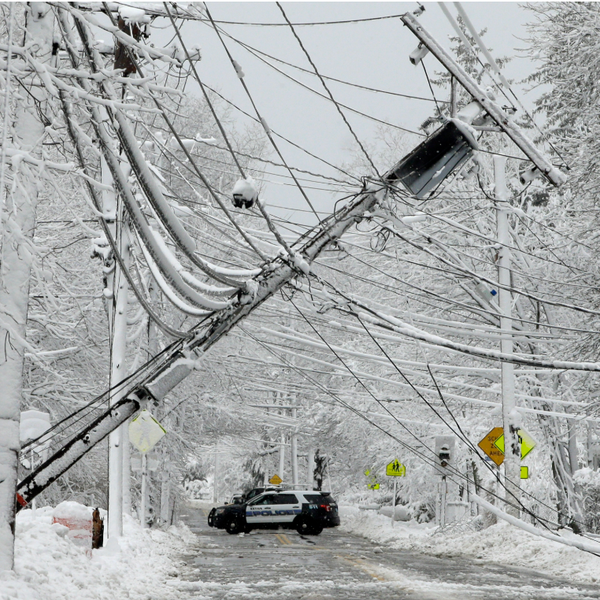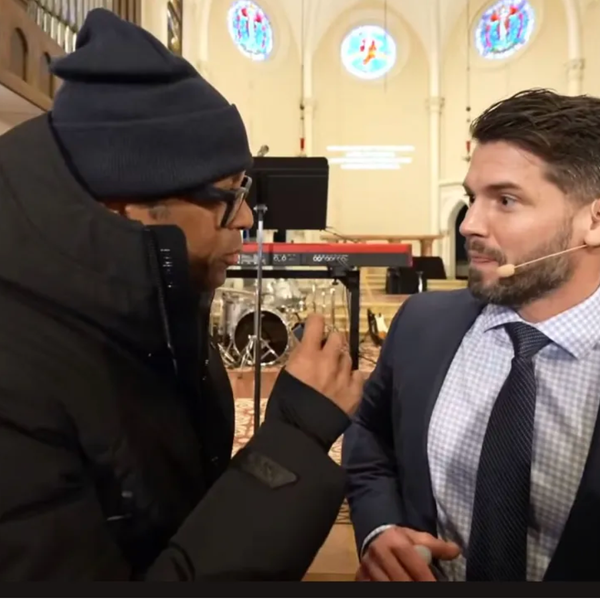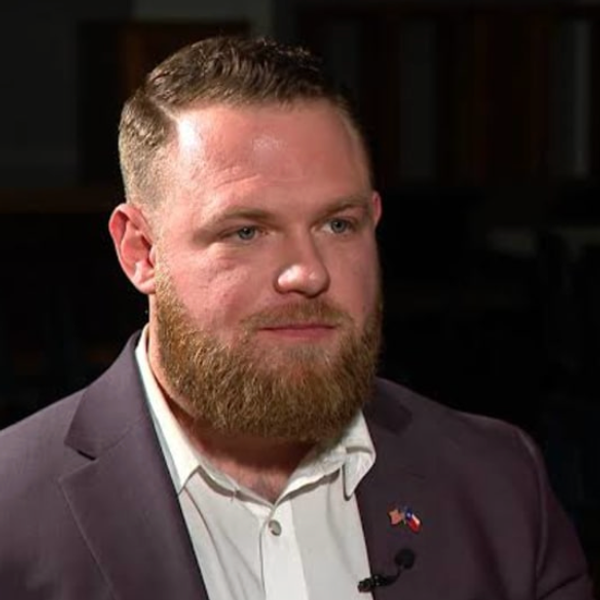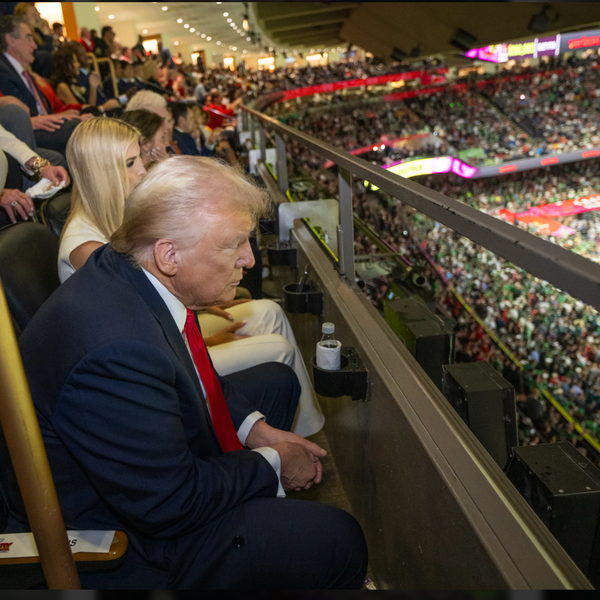
By Jonathan Bernstein, Bloomberg News (TNS)
What if the fuss over big money in elections is mostly over nothing?
Political scientist Alan Abramowitz at the Crystal Ball reported Thursday on his analysis of the effects of outside spending on Senate races in 2014, and finds a big, fat zero. (I’m referring to direct spending by groups other than the candidates and other formal party organizations.) Instead, the factors that mattered, he finds, were the balance between the parties in the state, the role of incumbency and the overall tilt toward Republicans in that election year.
Some important caveats are in order. The effects of election spending are notoriously hard to nail down, and it’s possible that a different way of analyzing the numbers might yield a different result. In addition, just one set of elections in one year are included, and something the analysis doesn’t account for could be messing with the results.
As Abramowitz explains further, the hotly contested elections attract big outside money for both sides, so we can’t know whether something would change if only one side was dumping tons of cash into a campaign.
Still, I believe these results, because they fit with what we know about campaign financing in general. Spending is subject to sharply diminishing returns.
As Abramowitz writes:
“After each side had spent $30 million on attack ads in a small state like Iowa, it’s hard to believe that an additional $1 million in spending on attack ads by either side was going to have much impact on the Hawkeye State electorate — except perhaps causing more Iowans to turn off their televisions.”
Money is wasted on those who have already made up their minds.
Overall, campaign spending has the biggest impact when voters have little other information. The most important piece of information for voters is a candidate’s party affiliation, so money is more influential in primaries than in general elections.
In addition, the more media attention a campaign gets, the less money matters because voters learn about the candidates from sources other than ads. So the flood of cash plays less of a role in presidential elections, which draw saturation coverage, than it does in high-profile statewide contests, which receive only a fair amount of news attention. Races out of the limelight might see the largest impact.
Of course, even if campaign money doesn’t sway elections, it might shape how winning candidates govern, or shift influence within the political parties. Still, the findings provide more evidence that the fears on this issue are overstated. And they give us more support for a “floors, not ceilings” approach to campaign-finance reform.
Screenshot/Youtube








